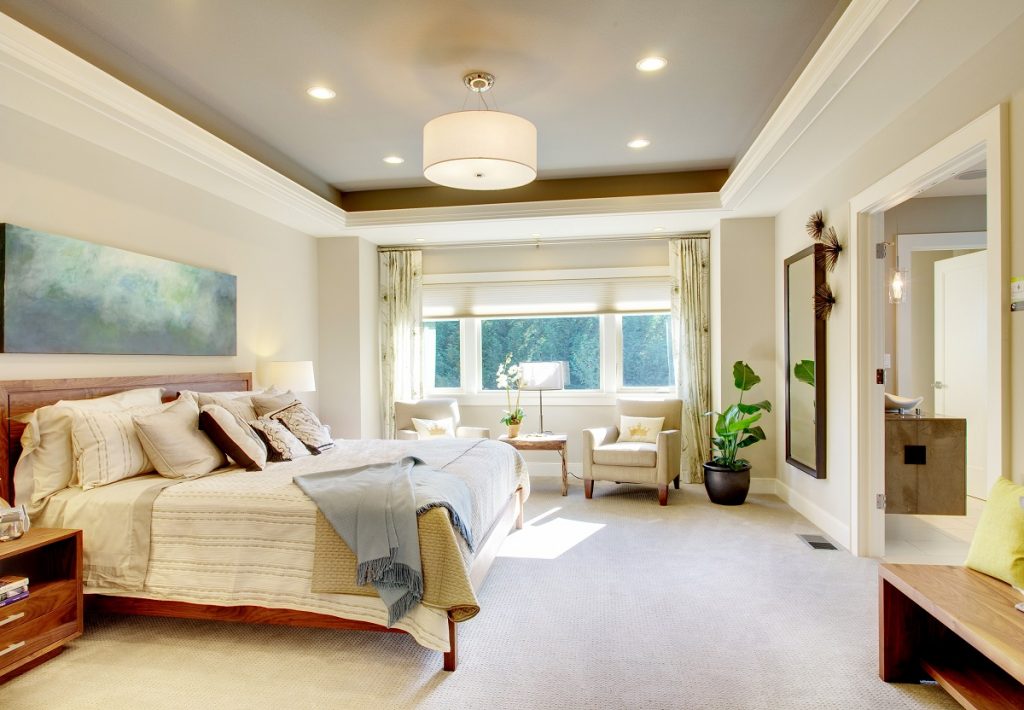Real estate experts say that the kitchen and bathroom are the main selling points of a house. But so many of us may find that outside a selling scenario, these rooms wouldn’t be our favorites. Instead, we look to our personal safe havens — our bedrooms.
Aside from serving as our escape from the outside world, our bedrooms also promote sleep in our daily routines. When designed properly, bedrooms should leave us well-rested whenever we go to bed, and relaxed whenever we lounge inside.
Do you feel like your bedroom isn’t doing what it’s supposed to? Here are ways you can improve your bedroom environment for cheap.
Pick a Soothing Color Scheme
The colors you choose for your bedroom can affect the atmosphere it creates. This doesn’t mean, though, that everything should be in neutral tones. While they aren’t disruptive, whites, blacks, and grays will make for a rather drab-looking room. Avoid loud, vibrant colors like reds and oranges, too.
Instead, go for cool tones like blues and greens to get the calming effect you need for your sleep. If you have white walls, consider sprucing them up so that you don’t have four bland, blank walls. Some good options are adding a contemporary wallpaper that isn’t too bright or painting one wall in blue.
Apply the same philosophy to the bedding that you use. Except, try to add a few brightly colored accents in the form of throw pillows to prevent the room from looking too melancholic.
Clean the Room Regularly
A messy room has negative effects on the mind, including higher stress levels and higher risks for depression and anxiety. Not only that, but it can also affect the body since germ and dust build-ups could result in ailments like the stomach flu.
To prevent these, keep your bedroom clean. Make up your sheets upon getting up and change them every two weeks. Sweep the floors and wipe down fixtures like lamps regularly. Also, open the curtains or blinds whenever you can to allow natural light in and help improve the air quality in your room.
Don’t Work in the Bedroom

The bedroom is for sleep and relaxation, and it should remain that way. Don’t allow your safe haven to become an extension of your workplace. This could result in the mind associating the room with stress and productivity, lessening your chances of relaxing there.
The best way to stop this from happening is simply to keep work where it should be — in your office and away from the bedroom. Once inside, allow yourself to shed some responsibilities and focus on recuperating to prepare yourself for another productive day.
Avoid using gadgets in the bedroom, too. In this modern age, most of our work can be done on our phones, tablets, and laptops. While these devices can be used for entertainment as well, it’s best to put them aside once in your bedroom since they only act as distractions from what you’re supposed to be doing in the first place — resting.

